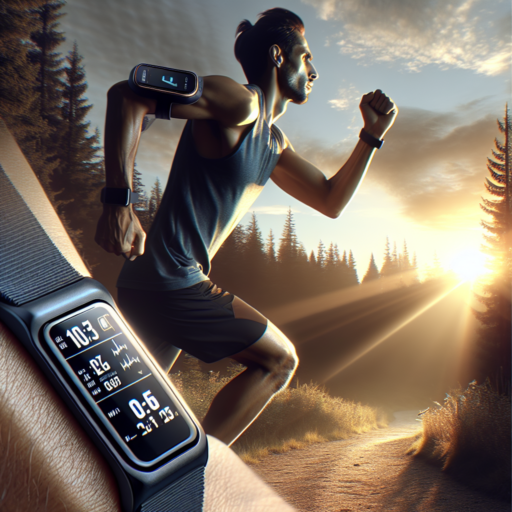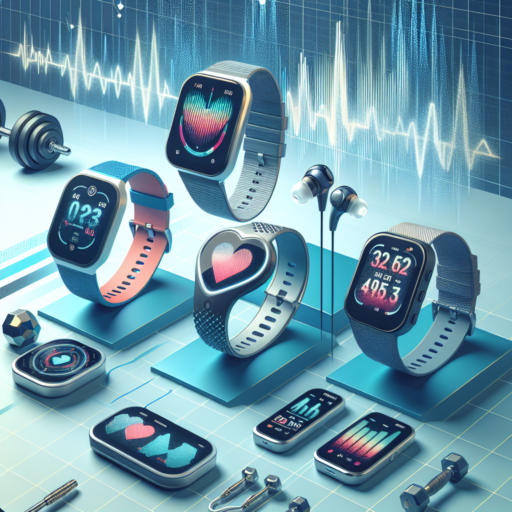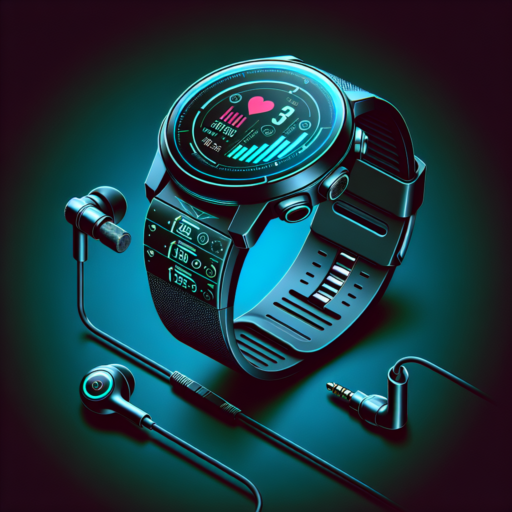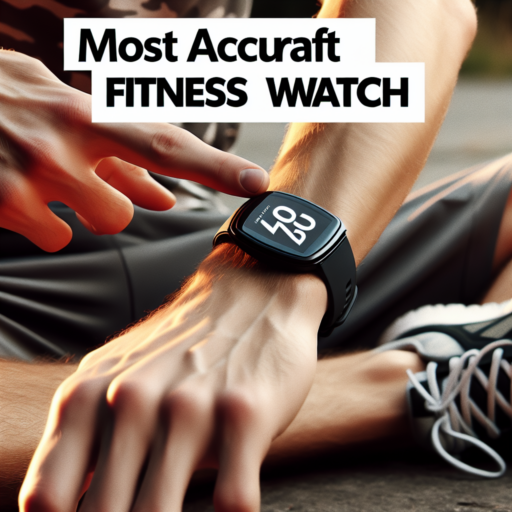What is the best heart rate monitor for runners?
Finding the best heart rate monitor for runners involves considering a variety of factors such as accuracy, comfort, and additional features that can enhance training and performance. Runners often prioritize devices that provide real-time, accurate heart rate data to optimize their training sessions. While several options exist in the market, identifying the right one for individual needs is key to unlocking improved running performance.
Key Features to Consider
When exploring the myriad options for heart rate monitors, several key features stand out for runners. Firstly, the choice between chest straps and wrist-based monitors plays a significant role in determining accuracy and comfort. Chest straps are renowned for their precision but may be deemed uncomfortable by some runners, whereas wrist-based monitors offer convenience and comfort with improving accuracy thanks to advancements in technology. Additionally, battery life and water resistance are critical for those who participate in long-distance running or triathlons.
Additional Functions for Enhanced Training
Advanced heart rate monitors also come equipped with additional functions that can significantly benefit runners. Features such as VO2 max estimates, recovery time suggestions, and detailed insights into various heart rate zones allow runners to tailor their training more effectively. These monitors not only track heart rate but also provide analytics on pace, elevation, and even form in some instances. This depth of data empowers runners to fine-tune their training regimes and push their limits safely.
Is it worth getting a heart rate monitor for running?
Deciding whether to invest in a heart rate monitor for running is a significant consideration for many athletes. The value lies in understanding and tracking your cardiovascular performance over time. With technology becoming increasingly sophisticated, heart rate monitors offer an unparalleled insight into your body’s response to different running conditions and training intensities.
One of the primary benefits of using a heart rate monitor is the ability to train more efficiently. By keeping an eye on your heart rate, you can adjust your pace or effort to stay within specific heart rate zones. This method ensures that you’re not overexerting yourself on easy runs or, conversely, not pushing hard enough during high-intensity sessions. It’s all about finding that sweet spot for maximum endurance and performance gains.
Moreover, heart rate monitors can be pivotal in preventing overtraining—a common pitfall for runners. By monitoring slight increases in your resting heart rate, you could detect early signs of overtraining or fatigue, prompting you to scale back and recover adequately. This data-driven approach personalizes your training, tailoring it to your body’s own signals and feedback.
No se han encontrado productos.
Which running watch has the most accurate heart rate monitor?
When searching for a running watch that offers superior accuracy in heart rate monitoring, several contenders stand out due to their advanced technology and precision. Tracking your heart rate with accuracy is crucial for optimizing your training and recovery, ensuring you’re not over or undertraining. Among the leading brands, Garmin, Polar, and Apple have developed watches that provide not only accurate heart rate data but also a suite of other features to enhance your running experience.
Garmin’s Forerunner Series
Garmin’s Forerunner series, especially the Forerunner 945, is renowned for its precision in heart rate monitoring. Utilizing Garmin’s Elevate technology, the Forerunner watches boast the ability to track heart rate 24/7, offering insights into your heart’s behavior during various activities and while at rest. This level of detail is indispensable for runners looking to fine-tune their training regimes based on heart rate zones.
Polar Vantage Series
Polar, a brand synonymous with heart rate monitoring, has consistently delivered with its Vantage series. The Polar Vantage V2, in particular, shines with its Precision Prime™ sensor fusion technology, a system that combines optical heart rate measurement with skin contact measurement to avoid inaccuracies caused by motion. This makes it highly reliable for runners who demand the utmost precision from their wearables.
Both Garmin and Polar offer compelling options for runners in search of the most accurate heart rate monitor in a running watch. With continuous advancements in wearable technology, these watches are pushing the boundaries of what is possible, providing athletes with invaluable data to drive their performance improvements. By focusing on the accuracy of heart rate measurement, runners can ensure they are training effectively, maximizing their efforts, and safeguarding their health.
What is the most accurate heart rate monitor for exercise?
When choosing a heart rate monitor for exercise, accuracy is paramount. Notably, chest strap monitors are often hailed as the gold standard in this regard. Unlike wrist-based devices, chest straps measure electrical signals directly from the heart, thereby providing real-time, precise data. This method is similar to that used in medical-grade ECGs, making it exceptionally reliable for athletes and fitness enthusiasts who prioritize exactness in their performance tracking.
However, advancements in technology have significantly improved the accuracy of wrist-worn heart rate monitors. Devices equipped with optical sensors, which detect blood flow through skin, have become increasingly precise. Brands like Polar, Garmin, and Fitbit invest heavily in research to enhance the sensitivity and algorithms of their optical sensors, closing the gap with chest straps. For many users, the convenience and comfort of a wrist monitor might outweigh the slight compromise in precision, especially for non-elite athletes.
Key Features to Consider for Accurate Heart Rate Monitoring During Exercise:
- Positioning: Chest straps offer closer heart proximity, which can lead to more accurate readings compared to wrist-based monitors.
- Sensor Technology: Look for devices with advanced optical sensor technology if opting for a wrist monitor, ensuring improved accuracy.
- Compatibility: Ensure the monitor syncs with other devices or apps you use for training to effectively track and analyze your heart rate data.
Improvements in wearable technology continue to blur the lines of accuracy between different types of heart rate monitors. Nonetheless, for individuals where precision is non-negotiable, chest straps are often preferred, while wrist monitors offer a practical and increasingly accurate alternative for the broader public.




